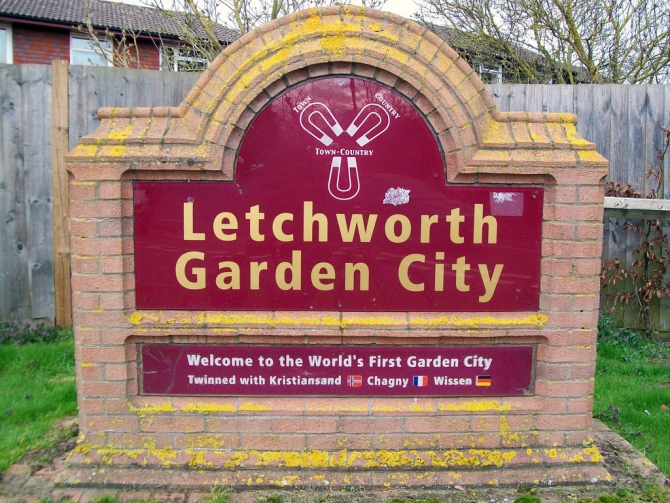Commercial premises in the world’s first garden city have been promised a £2m makeover by the charity which owns them.

The two-year improvement programme was announced by Letchworth Garden City Heritage Foundation as part of the organisation’s annual investment update. It comes just weeks after the charity — which owns property across the Hertfordshire town — appointed consultants Rapleys to handle the day-to-day running of its commercial property portfolio.
Created by a 1995 Act of Parliament as an “industrial and provident society”, the heritage foundation inherited its ownership and management duties from Letchworth Garden City Corporation. Among its holdings are 150,000sq ft of office space across various sites within the town and 500,000sq ft of industrial units.
“To ensure that we continue to offer high quality accommodation for our tenants we are currently embarking on a period of planned improvements across our commercial portfolio,” said the foundation’s commercial property manager, Matthew Foulis. “Over the next 24 months we will invest approximately £2m across a range of our properties.”
After several “flat” years he admits there is now considerable movement within the town’s businesses sector.
North Herts District Council recently approved plans to demolish two vacant shops in Leys Avenue and convert and combine the adjacent Commerce House into a new four-storey office block. The authority has also granted an application to build three industrial units on the site of the former Letchworth Power Station on Works Road.
Last month, office space at the Spirella Building in Bridge Road was let to Prescript Communications, a consultancy firm for pharmaceutical and bio-technology industries, and the Italian restaurant chain Prezzo took over a building on the corner of Eastcheap and Arena Parade.
“Attracting new companies shows confidence that Letchworth continues to be a place where people want to do business and creates potential employment opportunities for local people,” Foulis added.
His organisation has also backed a Barratt Homes scheme to build around 150 homes on a derelict industrial site at Blackhorse Road, Letchworth. The brownfield site has remained empty since the closure of the George W King car parts factory in 2008.
Located 35 miles north of London, Letchworth Garden City was created as a solution to the squalor and poverty of urban life in Britain in the late 19th century. With its guiding principles based on Ebenezer Howard’s 1898 book Tomorrow: A Peaceful Path to Reform, construction began five years later — on land owned by the First Garden City Ltd — and under a commitment that all profits should be reinvested in the estate.